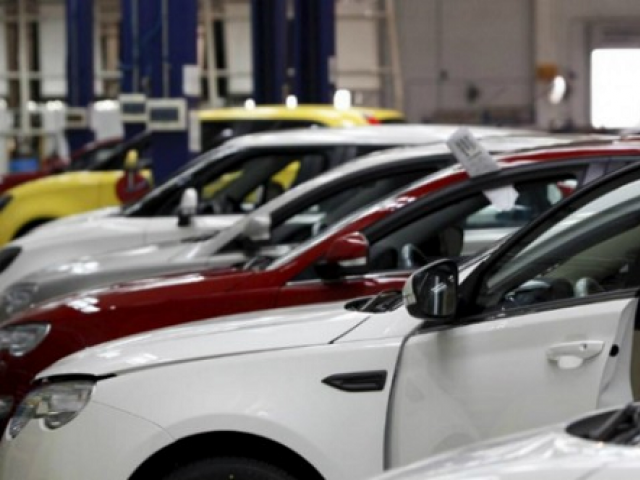
He told the Senate Standing Committee on Production and Industries that the government should adopt wholesale-retail mechanism, as is practiced globally, to increase efficiency of the auto sector. He added that this mechanism can curb menace of premiums, which burdens end users. He said that the motorization rate of 18 cars per thousand persons shows there is huge potential for the auto industry in this sector as Pakistan will be a 5.35-million units market by 2025.
Pakistan’s tax system does not allow us to sale the cars to wholesale dealers, Jamali told The Express Tribune.
When a buyer books a car in Islamabad, he will have to wait for the car to be issued from company in Karachi and delivered to him. This process can take a month or more and dealers take advantage of this situation by booking vehicles on their name and selling it for an extra price.
2018: The year Pakistan’s auto sector hit a bump in the road
The members of the standing committee asked about the company’s plan to manage increase in demand to which the CEO highlighted that the company has invested $126 million to increase capacity to 60,000 cars per year and is capable of producing 80,000 vehicles over time.
The CEO also requested the members to look into the issue of recently imposed federal excise duty on vehicles above 1700cc.
He termed it a deviation from the auto policy, which will not only dent sales of vehicles but would eventually dent government’s revenue collection.
Published in The Express Tribune, March 21st, 2019.
Like Business on Facebook, follow @TribuneBiz on Twitter to stay informed and join in the conversation.





1719053250-0/BeFunky-collage-(5)1719053250-0-270x192.webp)











COMMENTS
Comments are moderated and generally will be posted if they are on-topic and not abusive.
For more information, please see our Comments FAQ